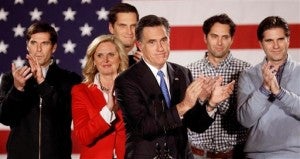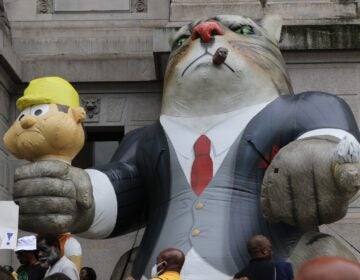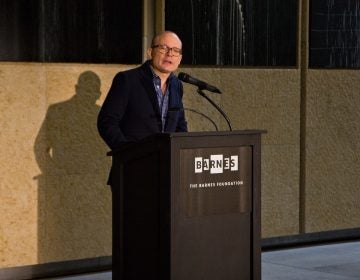The rise of Super PACs; then a pledge to listen to the other side
Listen
Hour 1
An unprecedented $12.5 million was spent on campaign advertising in Iowa in advance of Tuesday’s caucuses. Voters throughout the state complained of an unusually large number of negative ads, many of which were made possible by a growing number of “super PACs” (political action committees) involved in the Republican race for the presidency. Traditional PACs are organized by business, labor or other special interest groups to help elect a candidate or support a cause, but there are limits on the amount they can accept from a donor or give to a candidate. “Super PACs,” on the other hand, are allowed to raise unlimited amounts of money, cannot work directly for a candidate, but can launch their own support or attack campaigns, which observers say they did so with a vengeance in Iowa. Huffington Post reporter PAUL BLUMENTHAL joins us to explain the rise of “Super PACs” in the wake of the Supreme Court’s ruling in the 2010 Citizens United case, and how they influenced the Iowa primary and will continue to shape the race for the presidency. Then we’ll talk to Baton Rouge Advocate columnist DANNY HEITMAN about his New Year’s resolution to “seek the other side in political commentary.”
Listen:
[audio: 010612_100630.mp3]
WHYY is your source for fact-based, in-depth journalism and information. As a nonprofit organization, we rely on financial support from readers like you. Please give today.





